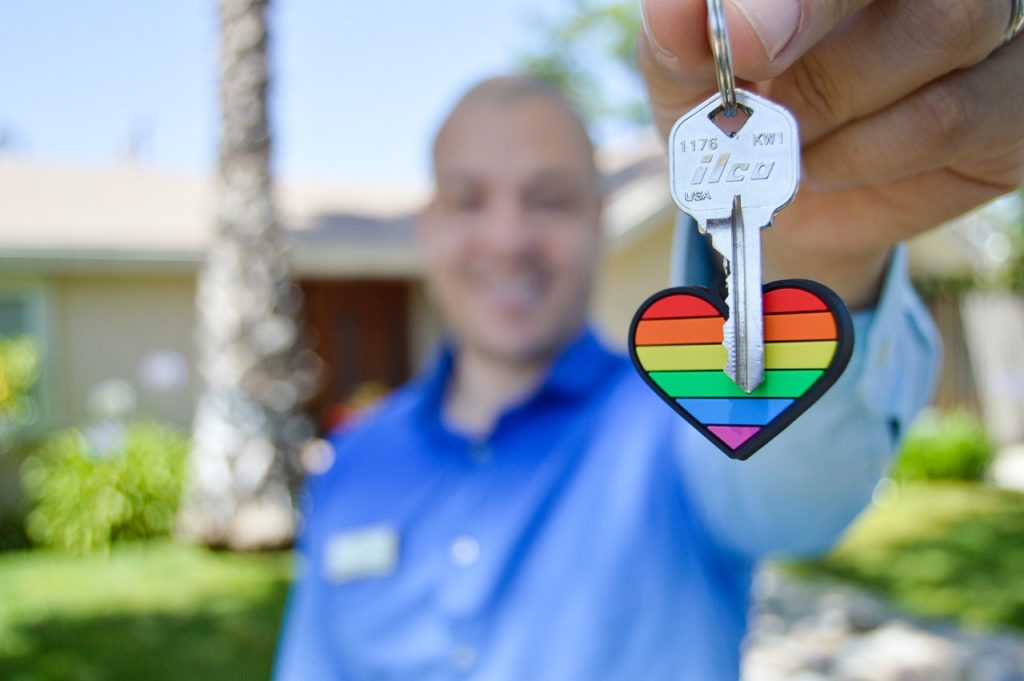If you’re looking to sell your property and buy another one, you might want to consider using a 1031 exchange. It’s the secret to any successful real estate investment. It’s how you make the market work in your favor.
Besides, in the current economic climate, you need to take advantage of savvy strategies that give you an edge in any transaction you make. But what is a 1031 exchange anyway, and how does it work?
Here’s the ultimate 1031 exchange for dummies guide.
What Is a 1031 Exchange?
One of the very first things you need to understand when getting into real estate investment is how to maximize your profits while minimizing your tax liabilities.
You can earn income on a property you own from rent or buying an old worn down piece of real estate, flipping it, and then selling for a sizable profit. Anything you make that’s over and above what you initially spent on it is referred to as capital gains.
Now, as you may be well aware, the IRS would be interested in the money you make from such a sale. So, they’ll charge a percentage of that profit when tax season rolls around. This so-called “charge” is referred to as the capital gains tax on real estate.
Capital gains aren’t just limited to real estate investments. Any profits you make from mutual funds, commodities trading, and sale of stocks are all classified as capital gains and are subject to taxation.
Unlike most other capital investments, it is possible to defer the taxes payable on capital gains. This is done through what’s known as a 1031 Starker exchange. It’s appropriately named after section 1031 of the IRS Tax Code, and the man who crafted it.

How Does a 1031 Exchange Work
Well, the 1031 tax deferred exchange process is quite complex. There are several rules you need to abide by and deadlines to beat to qualify for the exchange.
Some of the 1031 exchange rules you need to become familiar with are the specific types of transactions that qualify for deferment. The only deferrable taxes that qualify for exchanges are the ones that the IRS considers “like-kind.” It only applies to investments or business properties that you can swap for other “similar” properties.
1031 Exchange Examples
The great thing is that the IRS provides a lot of leeway for what it considers to be “like-kind” properties. So, you can, for instance, sell a small apartment building to purchase a duplex, and vice-versa.
However, as per the rules stipulated by Uncle Sam, the property in question has to be used for investment or business purposes. For this reason, residential real estate doesn’t qualify for an exchange.
Likewise, if you purchased property at a dirt-cheap price to renovate it and flip it for a profit, you also wouldn’t qualify for an exchange. The Tax Code specifically states that any property held for sale isn’t eligible for a tax deferment benefit.
If, on the other hand, you purchased a property, flipped it, and started using it for a business purpose such as using it as a warehouse or renting it out to tenants, then that would qualify for a 1031 exchange.
It would require you to roll the proceeds of the sale of one property into a new piece of real estate investment that has a business purpose attached to it.

1031 Exchange Timeline
Keep in mind that timing is everything when it comes to 1031 exchanges. They have tight deadlines attached to them. If you end up missing them by even a minute, any tax exchange you would have otherwise benefited from gets terminated, and you’ll end up having to pay the full capital gains taxes due at that time.
So, as soon as you sell your property, you’ll need to get moving. You have exactly 45 calendar days (not business days) to find a new property that you can buy with the proceeds from the sale of the old one, and provide the IRS with a written intent giving specifics of the new piece of real estate in question. This may involve providing a legal description of it.
If you plan to purchase more than one replacement property, the IRS gives you exactly 180 days from the close of the sale to identify them and submit the written intent.
Understand the Meaning of “Deferred Taxes”
Now, if you’re new to the real estate investment world, a 1031 exchange probably sounds like a sweet deal since you won’t have to pay capital gains taxes when channeling the proceeds from the sale of an old property to a new one.

What you do, however, need to understand is that the tax deferment isn’t indefinite. If you do decide to sell your newly acquired property at some point and opt to keep the proceeds instead of buying another one, then you will have to pay the capital gains taxes due at the time.
That’s why it is referred to as “deferred,” which quite literally means – putting off something until a later date. If you decide to keep your new property and use it to generate an income, then it only makes sense to continue to defer the taxes.
Tax Cuts and Jobs Act of 2017
The 2017 Tax Cuts and Jobs Act brought significant reform to the IRS Tax Code. It amended Section 1031 to eliminate a taxpayer’s ability to defer capital gains on what would be termed as “personal property.
Personal equipment, machinery, aircraft, trailers, trucks, vehicles, intellectual property, and all other forms of personal property were now excluded from qualifying for a 1031 exchange.
While personal real estate may qualify for a like-kind exchange, any other personal property transferred with the sale is disregarded under the provisions of the TCJA.
Hire an Exchange Expert
One thing we should mention is that you cannot carry out a 1031 exchange on your own. You’ll need to hire a qualified intermediary to do it for you. They’ll guide you through the process and hold your funds as you search for a new piece of real estate to buy.
You can think of them as a kind of escrow officer. The law requires you to get a qualified intermediary to handle the exchange process for you.
If you need any help with your 1031 exchange, chat online with a Laws101.com attorney today.
